The U-Tower and TU Dortmund University
This year’s PLATIAL Symposium will take place in the U-Tower, a landmark of Dortmund. Built in 1926, the building in the heart of the city used to be the fermentation tower of the Union Brewery, which also gave it its name “U”. The brewery was taken over by a larger corporation in the 1990s and production was moved to the west of the city. As a result, the tower remained vacant for a long time and was only converted into an arts and cultural centre at the end of the 2000s. A particularly eye-catching feature, apart from the gold-leafed U that shines far into the surrounding area at night, is the LED installation on the façade of the upper floors. The LEDs show the changing of the hours, but also installations on current topics. This colourful history, with its extreme transition from what was at times the busiest brewery in West Germany, to a decaying industrial ruin, to a cultural centre, is an almost ideal embodiment of our symposium’s motto for this year. The tower has literally changed its identity several times and is therefore an ideal venue for PLATIAL’23.
One floor of the U-Tower is occupied by TU Dortmund University (jointly with the University of Applied Sciences). TU Dortmund University is a young university with a strong technical profile, which nevertheless offers a broad portfolio of subjects including numerous social sciences and humanities. The hosting institution of PLATIAL’23 is the Department of Spatial Planning, which has developed into one of the largest planning science institutions in Europe. The faculty is represented in research and teaching in a total of 19 subjects, ranging from design-oriented urban design through social and management science-oriented subjects to quantitative and modelling-oriented research groups. This broad portfolio makes the Department of Spatial Planning an appropriate host institution for PLATIAL.
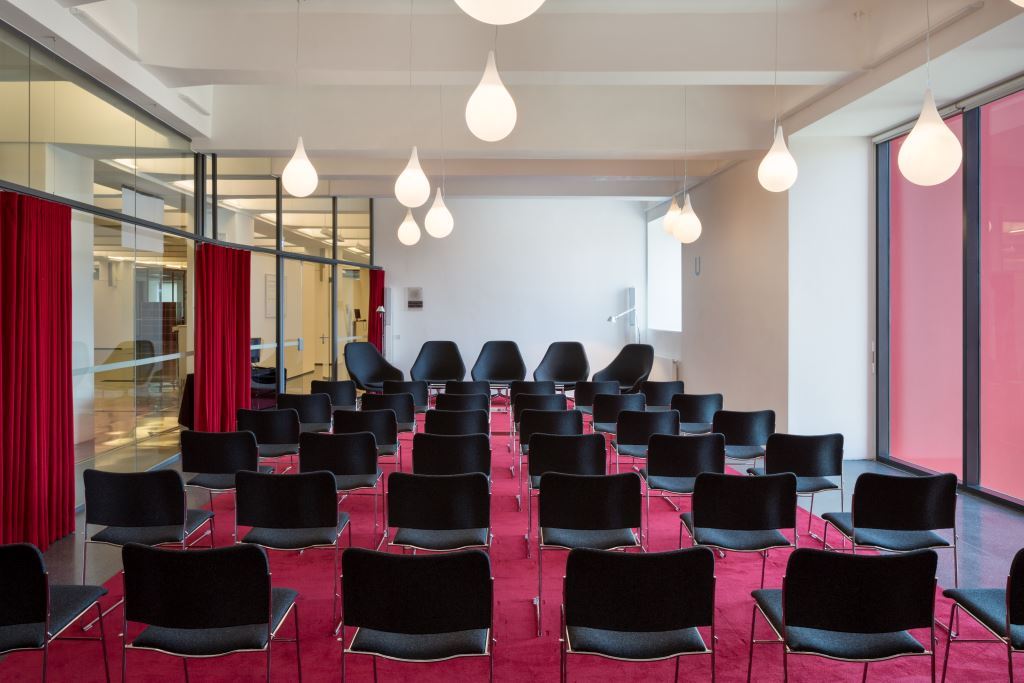
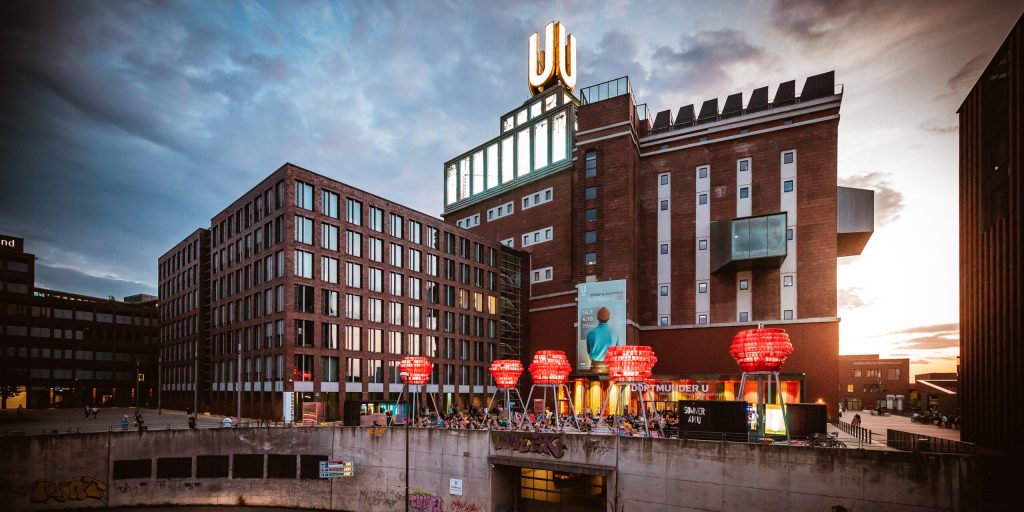
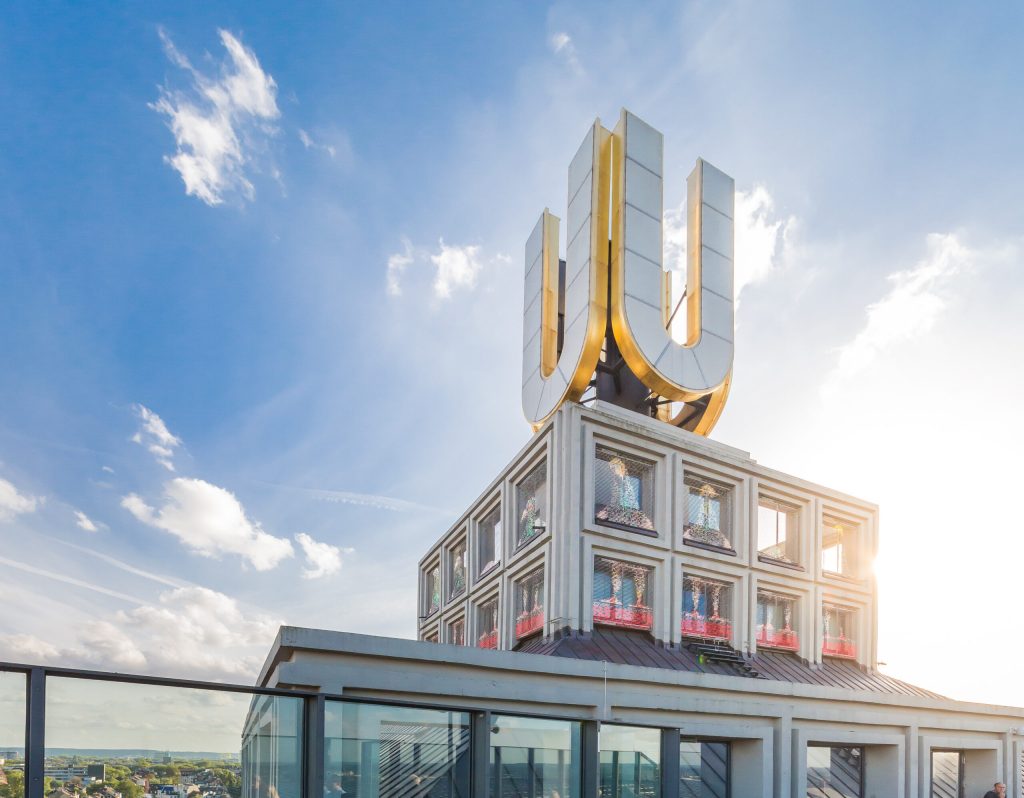
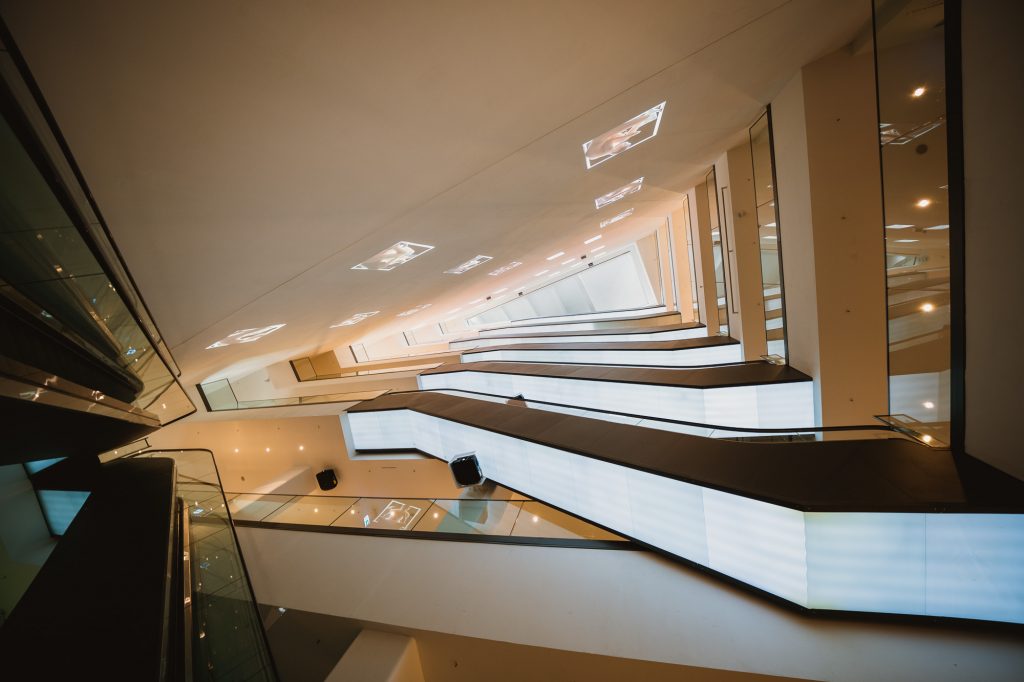
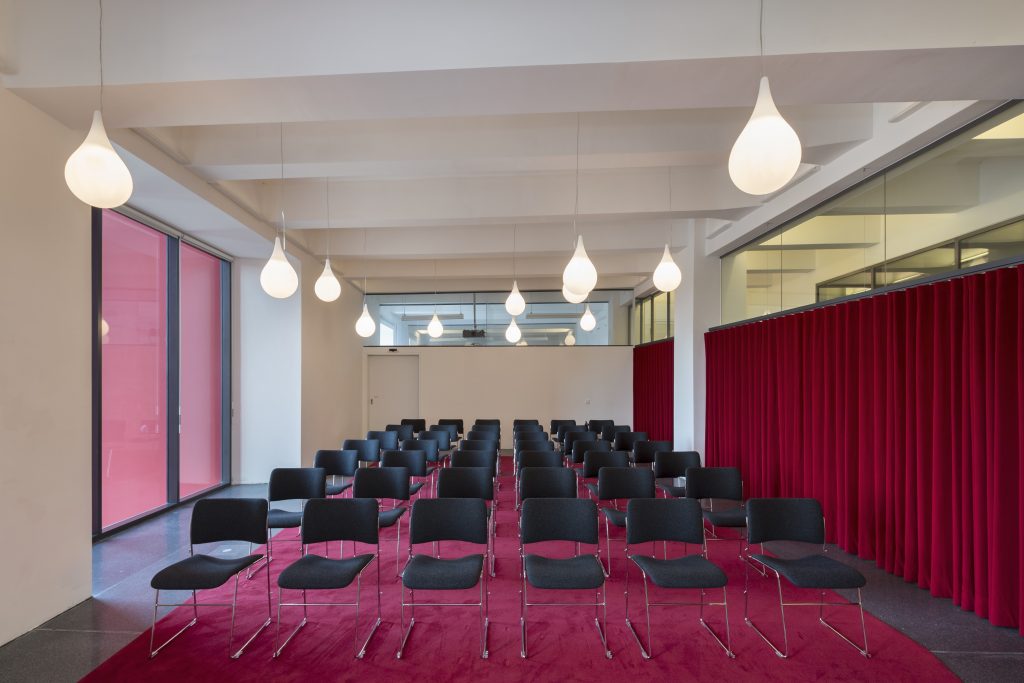
Enlarge map
Dortmund, the Ruhr, and beyond
With a population of around 600,000, Dortmund is the largest city of the Ruhr – a densely populated area that is home to 6 million people. The Ruhr was once the industrial heartland of Germany and widely known for coal mining and steel milling. Despite this industrial past, the Ruhr is one of Germany’s greenest metropolitan areas and is characterised not only by its urban cores but also by its picturesque hilly landscapes, especially in the south. The Ruhr River gave the area its name and flows around its southern edge, where it forms a series of lakes and a valley lined with steep rock formations. This contrast between urban bustle and green serenity makes the Ruhr an area with high recreational value that is well worth a visit. Combine your attendance at PLATIAL’23 with exploring the industrial heritage, the several towns and cities in the area, and the nature that is just a stone’s throw away.
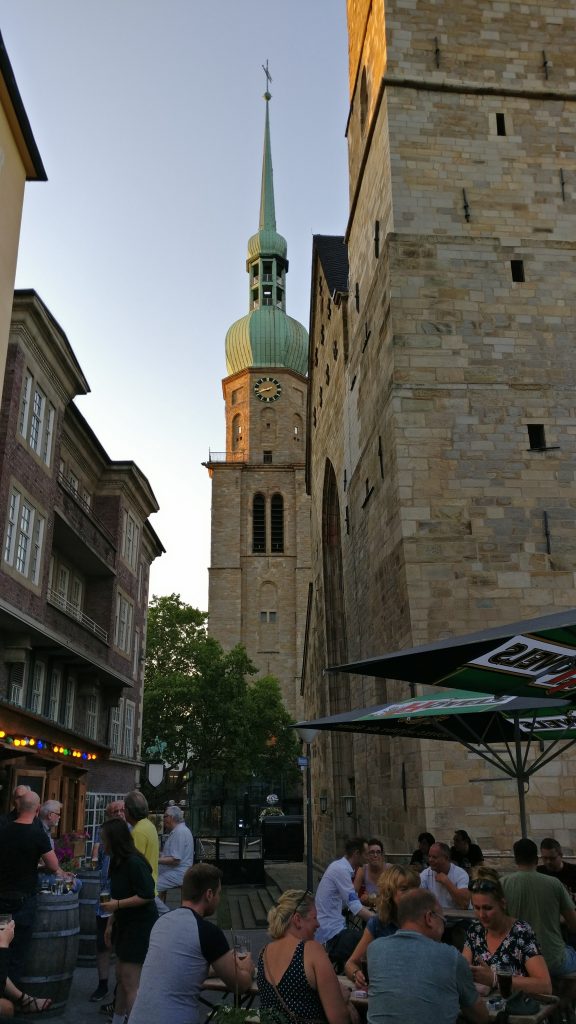
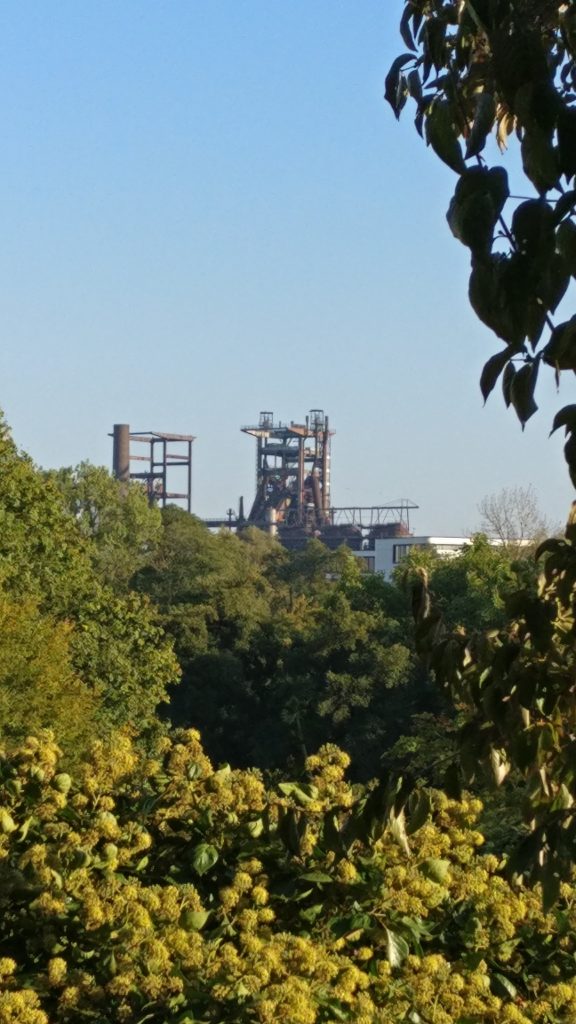
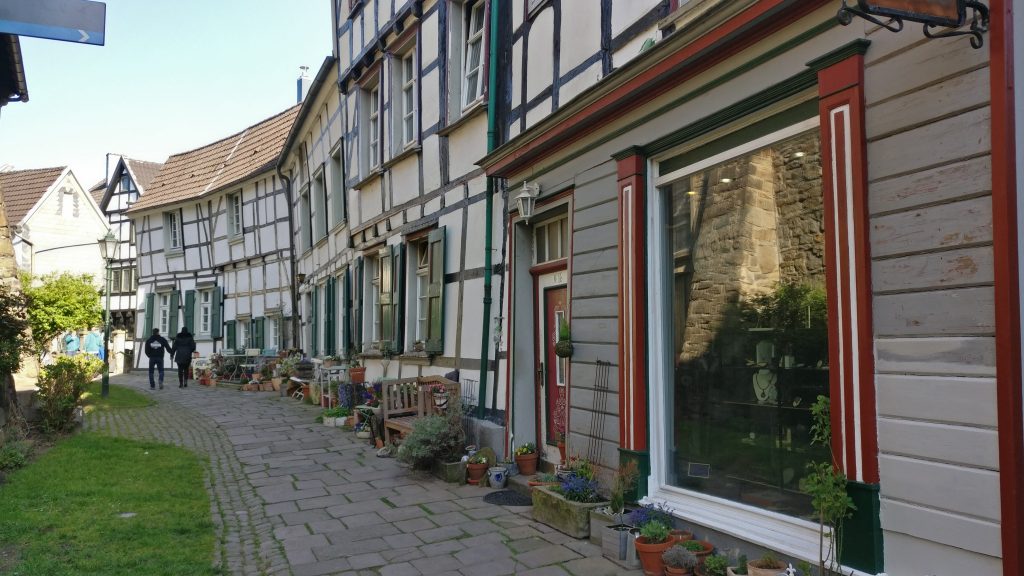
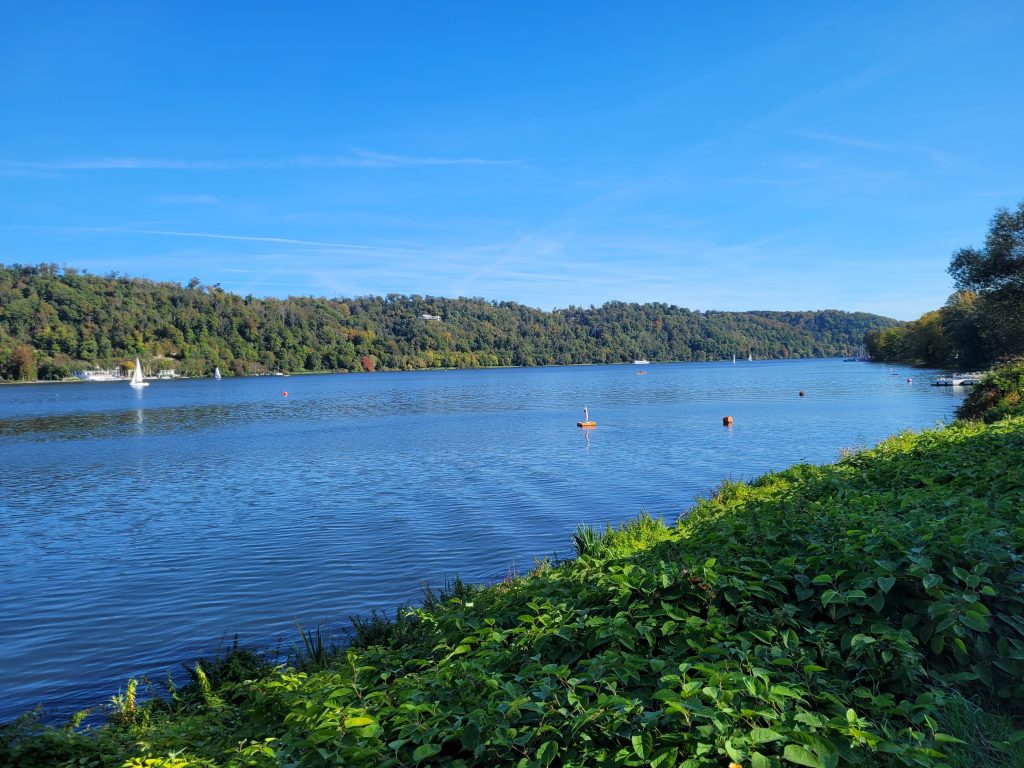
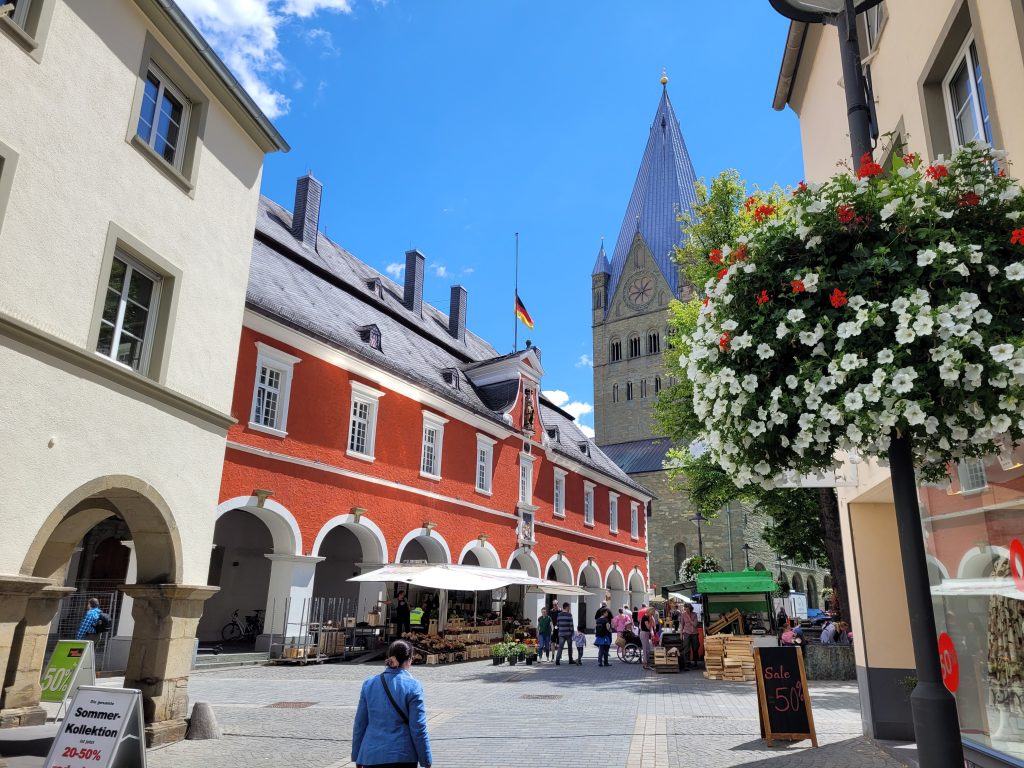
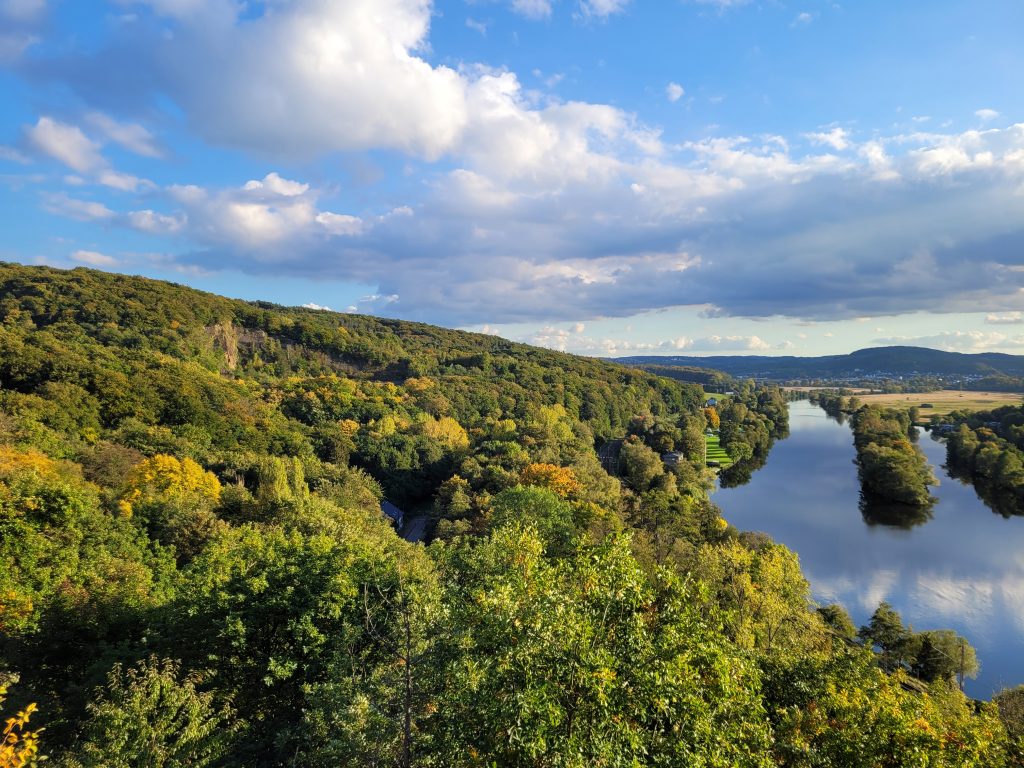
Directions
Dortmund and the U-Tower are well-connected both nationally but also to international destinations. Below you find directions for various modes of travel.
Air travel: Dortmund is easy to reach from two international airports. Düsseldorf International is the closest major intercontinental hub. This airport is served by a train station and Deutsche Bahn/German Railways plenty of direct connections to Dortmund Hbf (direct trains run approximately every 30 minutes during the day and the journey takes about 50 minutes). The U-Tower is next to the station (5-minutes walk). The other option for air travel is to go via Dortmund Airport, which offers connections to many European destinations and is regarded for its particularly good connection to Eastern Europe. In Dortmund, either take the Airport Shuttle Bus to Dortmund Hbf or go to city centre on the lightrail line U47 (the last mile is covered by a short bus trip from the airport to Dortmund-Aplerbeck, the terminal station of the U47 line).
Arriving by train: Dortmund Hbf is well connected to many major European cities via Deutsche Bahn/German Railways services and other train operators like Flixtrain and Thalys. We would like to encourage you to travel by train as an alternative to a flight in the interest of environmentally friendly travel. Perhaps this could also be an option from your place?
- Amsterdam – Dortmund (1 change): 4.75 hours
- Brussels – Dortmund (1 change): 3.75 hours
- Paris – Dortmund (direct): 4.75 hours
- London – Dortmund (2 changes): 6–7 hours
- Copenhagen – Dortmund (1 change): 9 hours
- Frankfurt – Dortmund (direct): 2.5–3.5 hours
- Berlin – Dortmund (direct): 3.5 hours
- Hamburg – Dortmund (direct): 2.75 hours
- Zurich – Dortmund (1 change): 6.75–8.25 hours
- Salzburg – Dortmund (1 change): 8 hours
- Verona – Dortmund (1 change): 11.75 hours
- Prague – Dortmund (1 change): 8.5 hours
- Poznan – Dortmund (1 change): 6.75 hours
- Warsaw – Dortmund (1 change): 9.75 hours
- Vienna – Dortmund (direct): 10 hours